AO Edited
Gastro Obscura
Mesopotamia
The only Kurdish restaurant in Japan invites you to learn and feast.
In Tokyo’s vibrant restaurant scene, one can readily find cuisines from countries around the world. At Mesopotamia, customers can sample the cuisine of a people who do not have a modern nation-state of their own; one of the largest ethnic groups in the world without one.
After the fall of the Ottoman Empire, the region of Kurdistan was divided between modern Turkey, Iran, Syria, and Iraq. This left the Kurdish people, who number some 30 to 40 million worldwide, an ethnic minority in all four nations. Persecution and restrictions on their cultural freedoms have led many Kurds to seek refuge abroad, including Vakkas Colak, Mesopotamia’s founder and chef, who was born in Turkey and immigrated to Japan in 2009.
Japan is home to a small but growing community of about 2,000 Kurds. Many face the challenge of obtaining legal residency or refugee status, as well as the challenge of living in a society where their culture and history are largely unknown. As Japan’s only Kurdish restaurant, Mesopotamia has made educating non-Kurdish customers a major part of its mission. In addition to a small library, the restaurant displays a map of Kurdistan and examples of Kurdish jewelry, weaving, and other traditional crafts.
But the center of this educational experience is of course, the food. Diners familiar with Middle Eastern and Central Asian cuisines may recognize some dishes on Mesopotamia’s menu as part of a shared culinary heritage. There’s an array of meat kebabs, rice pilaf, bamya (okra and tomato stew), and lahmacun (minced meat flatbread, nicknamed “Kurdish pizza” on the menu). Other dishes are uniquely Kurdish, like kutilk, fried dumplings with a crisp bulgur crust stuffed with meat, potatoes, walnuts, and sesame seeds, and menengiç or “Kurdish coffee,” a naturally caffeine-free beverage made from a type of pistachio nut.
In addition to running Mesopotamia’s kitchen in the evenings, Colak teaches Kurdish language at the Tokyo University of Foreign Studies and serves as Director of the Japan Kurdish Cultural Association. His efforts to familiarize Japan with Kurdish culture have also included dictionaries, a cookbook, and translations of literature. Some of these books line the walls of Mesopotamia, which Colak opened in 2017, naming it for the ancient region which overlaps with Kurdistan.
While Kurds in Kurdistan struggle for greater autonomy, Kurds in other parts of the world have found ways to raise awareness with foreign audiences. Mesopotamia offers a unique form of gastrodiplomacy: Kurdish food as an entryway into recognizing the Kurdish people.
Know Before You Go
Mesopotamia is located in front of the south ticket gate at JR Saikyo Line Jūjō Station. The restaurant is closed on Mondays, and open Tuesday through Sunday from 11 A.M. to 11 P.M.



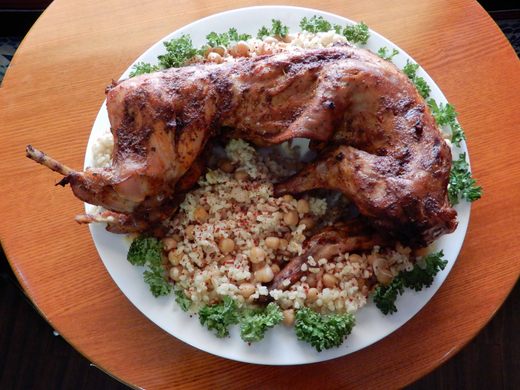
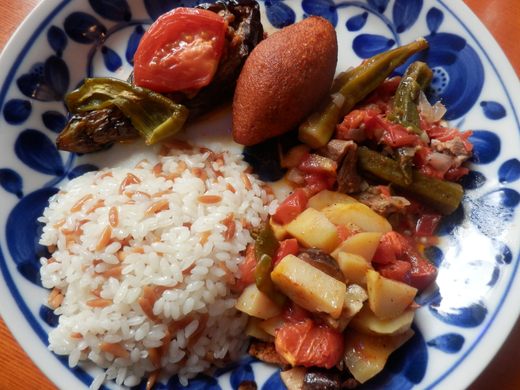
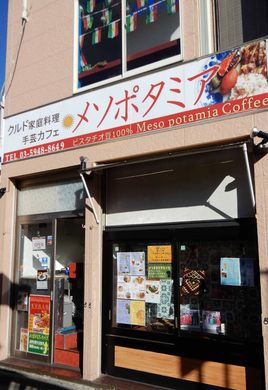

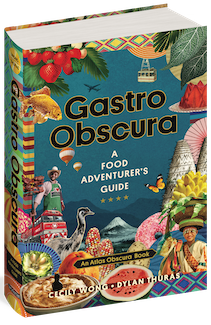



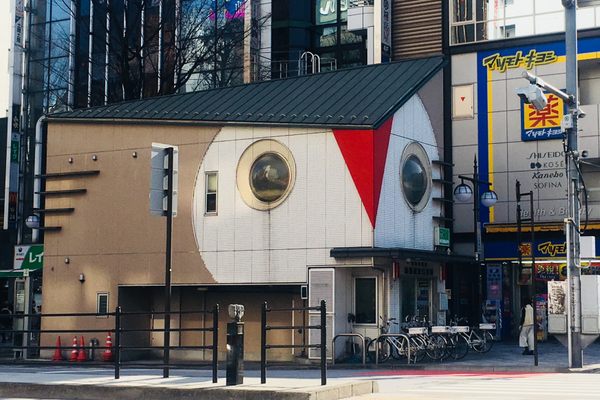

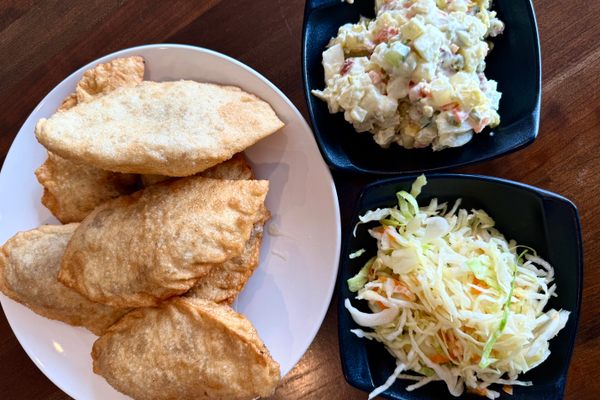
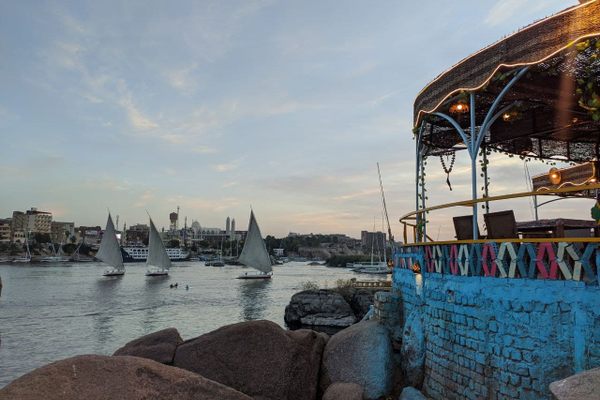



Follow us on Twitter to get the latest on the world's hidden wonders.
Like us on Facebook to get the latest on the world's hidden wonders.
Follow us on Twitter Like us on Facebook